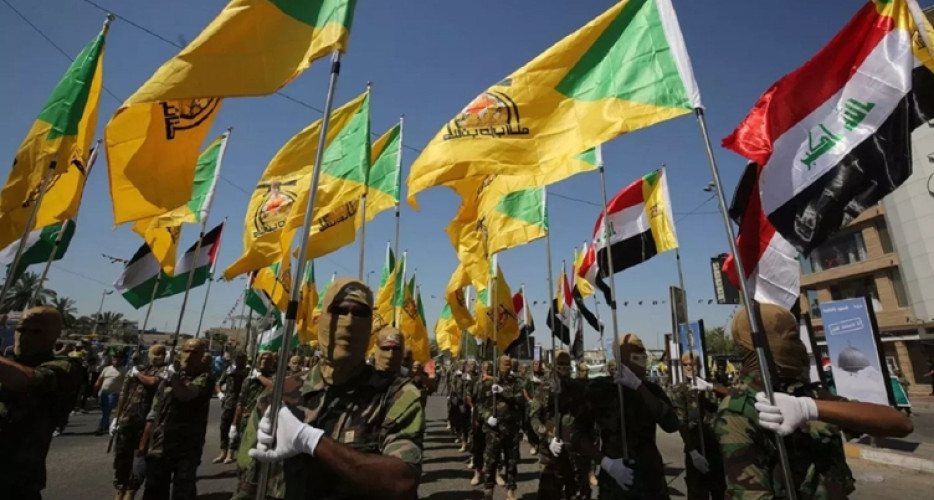
Peregraf
As the Israel-Iran missile war entered its third day, the Iran-backed Iraqi militia Kataib Hezbollah (KH) issued a stark warning to the United States, vowing retaliation if Washington intervenes militarily in support of Israel.
Abu Hussein al-Hamidawi, secretary-general of Kataib Hezbollah, declared in a statement on Sunday that the group is "closely monitoring the movements of the American enemy's army in the region." He warned, "If America intervenes in the war, we will act directly against its interests and bases spread throughout the region without hesitation."
Al-Hamidawi emphasized that Iran does not require external military support, stating, "The Islamic Republic possesses the men and capabilities sufficient to humiliate Netanyahu and curb the tyranny of this usurping entity." He lauded Iran’s response to what he called "Zionist aggression," describing it as courageous and steadfast.
In a broader call to action, al-Hamidawi urged the Iraqi government and factions within the Shiite-led Coordination Framework to take decisive measures to prevent the conflict from spreading further. "This can only be achieved by closing the embassy of the greatest evil [the U.S.] and expelling the American occupation forces from the country," he said, labeling the U.S. presence as "the most obvious and dangerous threat to Iraq's security and the stability of the region."
The warning comes just hours after Iraqi Prime Minister Mohammed Shia al-Sudani voiced alarm over the Israeli strikes on Iran during a meeting in Baghdad with European Union Ambassador Thomas Seiler. Al-Sudani described the attacks as "a direct threat to security and stability in Iraq and the region," and urged major global powers to act swiftly to de-escalate the crisis.
"The root cause of the current tensions is the ongoing genocidal war against the Palestinian people," al-Sudani added, affirming Iraq’s solidarity with Palestinians and calling for restraint from all parties.
Meanwhile, missile and drone exchanges continue between Israel and Iran. At least three Iranian cities were reportedly targeted overnight, while Israel's air defense systems were activated in Tel Aviv and Haifa. Airspace disruptions persist, with major airports in Tehran, Erbil, and southern Turkey still closed.
The escalating conflict has raised fears of a broader regional war, with Iraq once again caught in the middle—politically, militarily, and geographically.
Regional observers warn that the coming days may be critical in determining whether diplomacy can contain the violence or whether proxy forces will drag the region into deeper conflict.